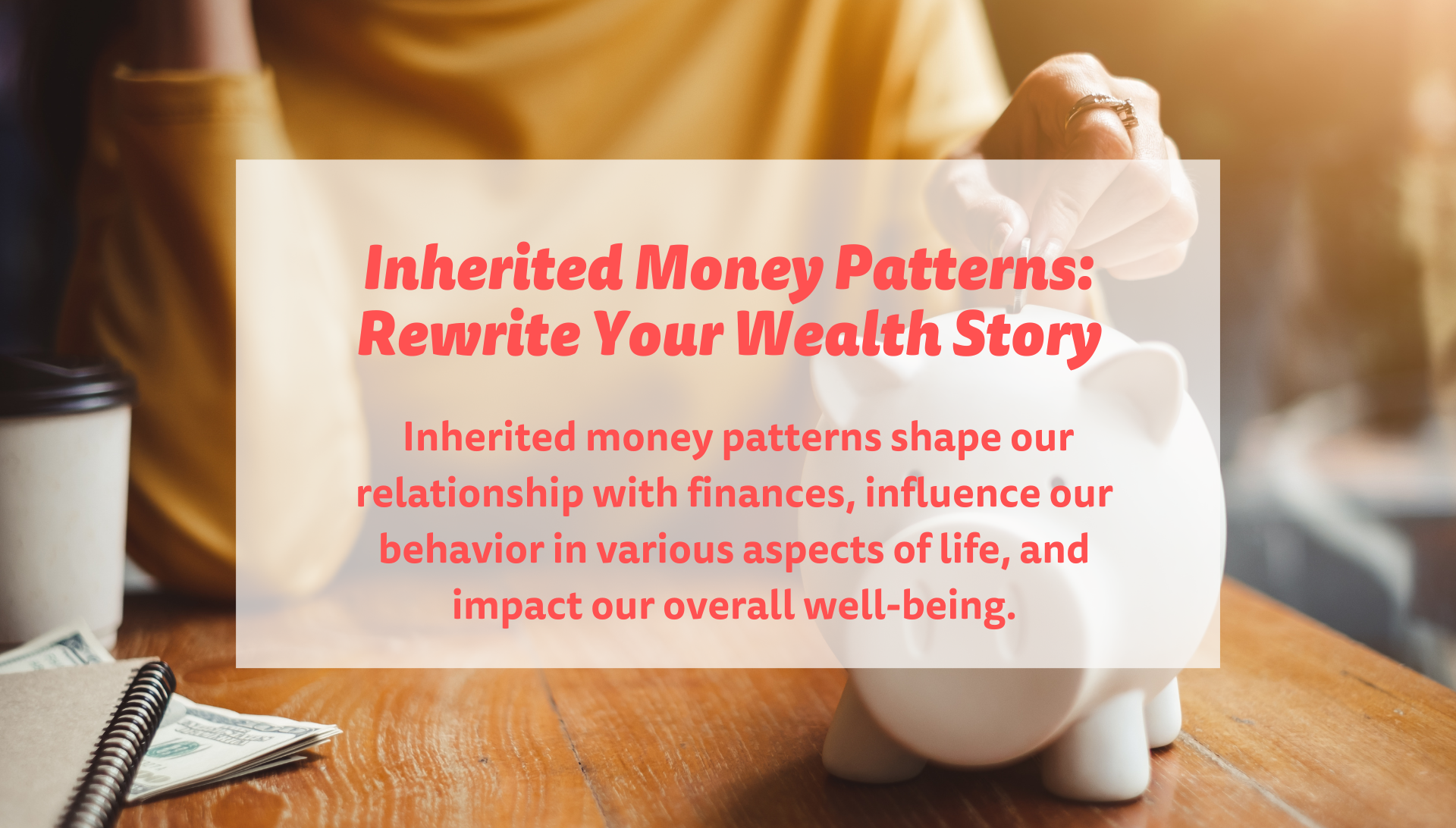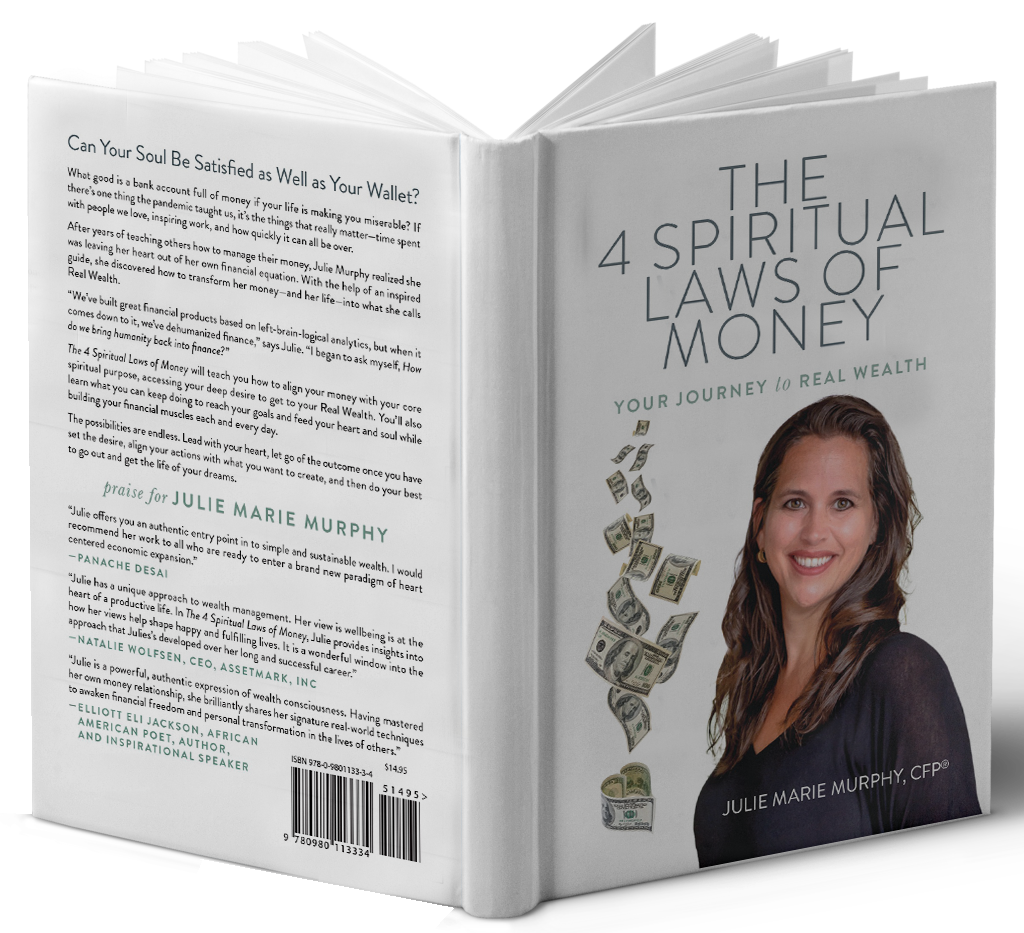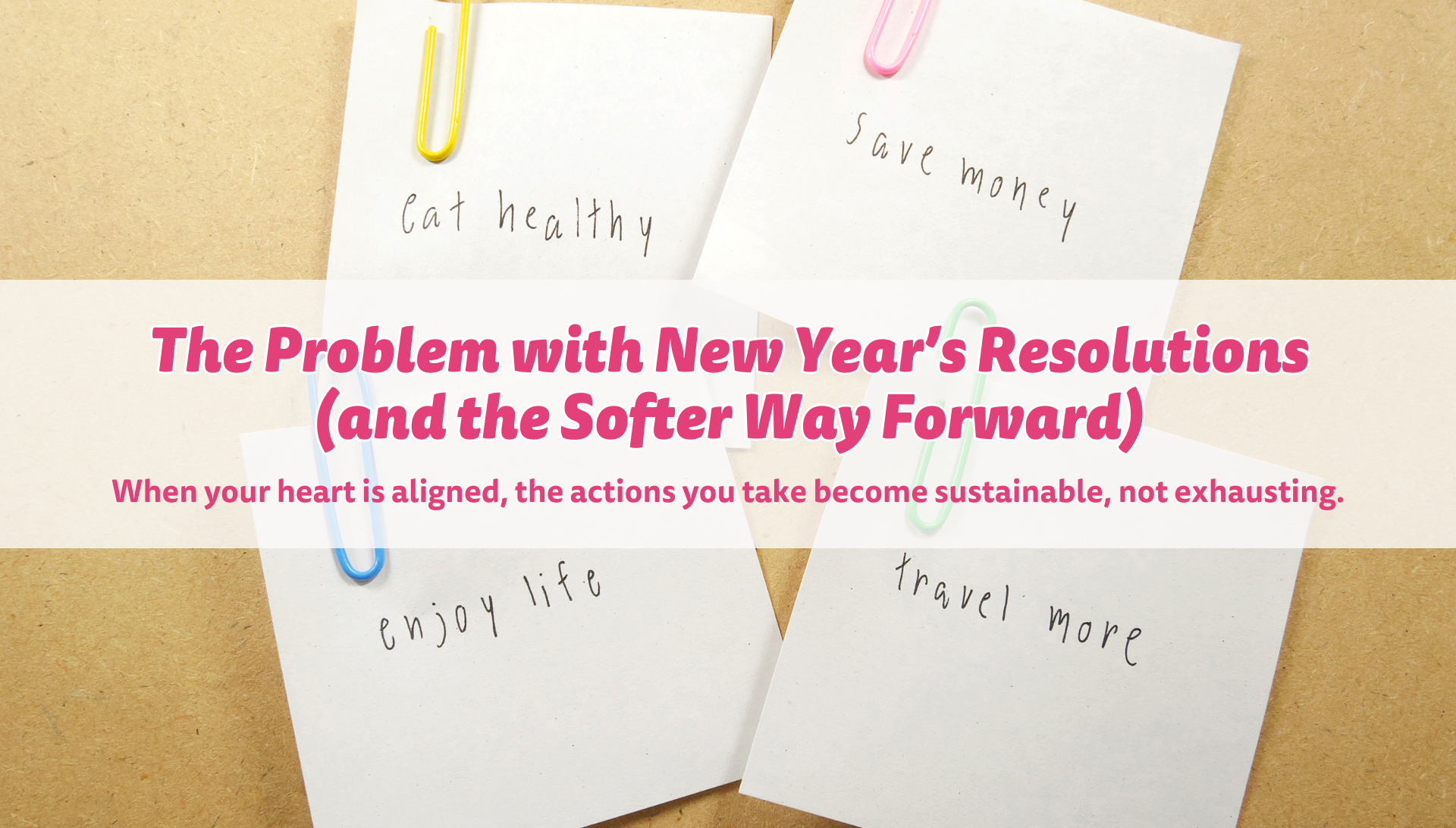Inherited Money Patterns: Rewrite Your Wealth Story
Blog

Money, that elusive yet essential aspect of our lives, can carry within it a multitude of emotions and experiences. For some, it's a source of empowerment and freedom; for others, it can be a constant source of stress and anxiety. Unraveling the intricate web of our relationship with money often requires introspection, understanding our patterns, and tracing them back to their roots.
From a young age, I found myself at ease in the company of people. Interacting, connecting, and dealing with others came naturally to me. Little did I know that this knack for communication would later play a significant role in shaping my financial journey. My first glimpse of this unique ability was during my childhood, when I won an Atari 2600 game. The elation I felt was unparalleled, and subsequent wins like an electric blue ten-speed Huffy bicycle only fueled my confidence in this skill.
With each victory, I unknowingly set the stage for my relationship with money. Yet, despite these successes, I entered high school without any savings. Looking back, it's evident that my spending habits were rooted in fear—fear that if I didn't indulge in my desires immediately, the money might vanish before I could seize the opportunity. My early life was dominated by a sense of scarcity, perpetuating a cycle that I inherited from my parents—a pattern of spending before we had it, living in a constant survival mode.
Interestingly, this inherited money pattern didn't just affect my financial decisions; it seeped into other areas of my life too. I realized its subtle yet potent influence when reflecting on my relationship with food. Growing up, our family's grocery trips were accompanied by the anticipation of special treats when finances allowed. This conditioned us to consume immediately out of fear that these treats would vanish, echoing the same scarcity mindset that controlled our spending.
This pattern's persistence became even clearer during family gatherings, where the ingrained behavior of overloading plates persisted, betraying a deeply rooted fear of lack. It was an eye-opening revelation that illustrated how these patterns can shape not only our financial choices but also our behaviors and attitudes in various aspects of life.
The Unease Within
Money often carries an unsettling weight within our lives. For many, it becomes a driving force behind decisions, leaving them trapped in a cycle of unease and uncertainty. These feelings are signals from our inner selves, telling us that something is amiss between our actions and our life's purpose. This misalignment manifests as worry, fear, or anxiety—a clear indication that our outer world doesn't resonate with our inner truth.
In my own journey, recognizing these uneasy feelings and addressing them became a pivotal step towards growth. As I shared my experiences, I encountered numerous individuals who echoed these sentiments. Common refrains included the fear of never having enough money, the struggle to escape debt, or the desire for financial freedom while doing what they love.
Taking Charge of Our Financial Health
Much like tending to our physical health when ill, it's imperative to nurture our financial well-being. The key lies in understanding the root causes of our financial unease and taking steps to address them. Our feelings, though intangible, offer a wealth of information. They are not right or wrong; they are simply indicators of our internal state.
Listening to these gut feelings is akin to listening to our intuition, the universe, or our inner selves. It's about recognizing when something isn't aligned, just as a physical ailment prompts us to seek medical attention. Sadly, many of us ignore these signals, leading to an accumulation of emotional weight over the years.
The Choice to Change
It's a stark reality that many wait until crisis hits before embracing change. However, we don't need to endure hardship to embark on transformation. Life need not be a perpetual struggle; we have the power to change course at any point. The journey towards financial freedom and real wealth is not just about amassing funds; it's about aligning our actions with our inner purpose and breaking free from inherited patterns that no longer serve us.
The inherited money pattern can shape our relationship with finances, influence our behavior in various aspects of life, and impact our overall well-being. Recognizing the origins of these patterns and addressing the unease they bring is the first step towards financial liberation. As we listen to our inner signals and consciously choose change, we pave the way for a life imbued with authenticity, abundance, and true wealth.
Remember, the choice is yours. Will you perpetuate the cycle, or will you break free and forge a new path towards financial and emotional well-being? The power lies within you.
I hope this glimpse into the intertwined world of emotions and money has sparked your curiosity and provided you with valuable insights. However, remember that this is just the tip of the iceberg. In my book, "The Emotions Behind Money: Nurturing Financial Well-Being," I delve even deeper into these topics, offering a comprehensive exploration of the emotions that influence our relationship with money and practical strategies to transform our financial lives. By reading the book, you'll gain a deeper understanding of yourself, uncover hidden patterns, and acquire the tools to cultivate a healthier and wealthier future. Don't miss out on the opportunity to embark on this transformative journey. Get your copy of "The Emotions Behind Money" today and start nurturing your financial well-being like never before. Your future self will thank you.
Share Blog On Social
Recent Blogs

Similar Blogs







